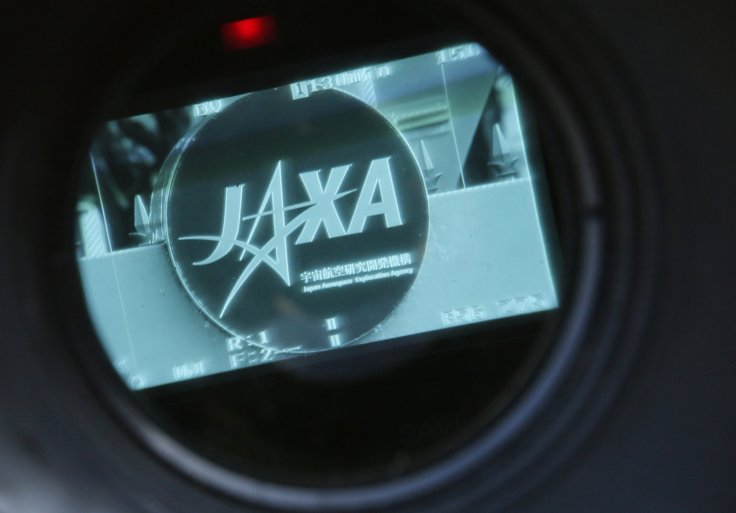
From time to time don't we all want to just take a break and not go out of our rooms for as long as we want? However, we don't really get the chance to do that in this busy lifestyle very often, right? But what if someone would have paid you to do just that? Stay within the four walls, no interaction with the outside world and get paid for it – yes, that's what the Japan Aerospace Exploration Agency (JAXA) is going to pay you for.
Currently, JAXA is looking for eight people, who will have to spend 13 nights and 14 days inside a space station. Don't worry it's not in the space; the space station has been replicated by the JAXA experts for a certain experiment. The aim of the scientists is to figure out the more precise stress markers for the astronauts, who would be confined within the four walls of a space lab during their long space missions.
JAXA, as a part of the ongoing test, will cut off all communications of the recruits with the outside world. They will also not be able to carry any personal belongings to the test location, which is one of the segments of the Tsukuba Space Center. The scientists have replicated the conditions of International Space Station to perform the experiment. The people hired by JAXA will be asked to do a number of various tasks and while doing so, their stress level will be observed by the scientists.
Anyone can apply for this job. However, there are some eligibility criteria that one needs to fulfill – the age of the candidate has to be under 55-year, the applicant has to be in good health condition and, of course, she/he has to join the process willingly. The people, who will get selected by JAXA and will be able to survive the two weeks in the simulated space station, will get a remuneration of 380,000 yen. It's around 1,038 yen/ hour.
Also Read: How do astronauts eat and drink in space?
Information related to this experiment can be found on the online page of Japan Clinical Volunteer Network application, but the site is in Japanese.









